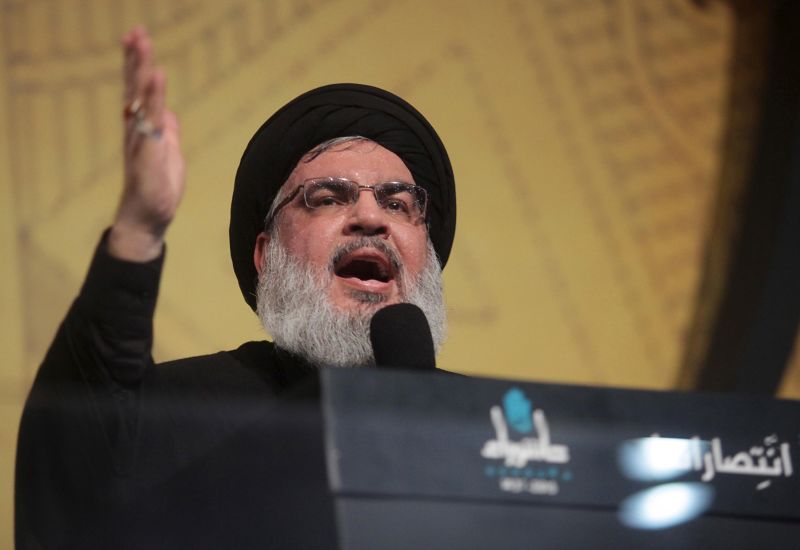
Hezbollah Leader Hints at Delayed Retaliation as Part of Israeli ‘Punishment’
Hezbollah, a powerful militant group based in Lebanon, has a long history of conflict with Israel. The recent statement by Hezbollah’s leader, Hassan Nasrallah, promising a response to Israeli actions while also emphasizing the strategy of keeping Israelis waiting as part of the punishment, sheds light on the complex dynamics in the region.
The decision by Hezbollah to delay its response can be seen as a calculated move aimed at instilling fear and uncertainty among Israelis. By keeping them waiting, Hezbollah not only maintains the element of surprise but also exerts psychological pressure on its adversary. This tactic of psychological warfare is a key aspect of Hezbollah’s asymmetric strategy, allowing them to leverage fear and anticipation to their advantage.
Hezbollah’s ability to strike fear into the hearts of Israelis without immediate military action is a testament to the group’s strategic acumen. By playing on the psychological vulnerabilities of their opponents, Hezbollah can create a sense of unease and insecurity, undermining the morale and confidence of Israeli defense forces and civilians alike.
The statement by Nasrallah also hints at Hezbollah’s emphasis on strategic patience and long-term planning. By choosing the timing and method of their response carefully, Hezbollah can maximize the impact of their actions while minimizing the risk of escalation. This approach highlights the group’s commitment to achieving their objectives through calculated and well-thought-out means.
Furthermore, Hezbollah’s decision to emphasize the element of waiting as part of the punishment signifies a nuanced understanding of the psychological dynamics of conflict. By drawing out the anticipation and uncertainty surrounding their response, Hezbollah can amplify the psychological toll on Israelis, forcing them to constantly brace for potential retaliation.
In conclusion, Hezbollah’s strategic approach to keeping Israelis waiting as part of the punishment reflects the group’s sophisticated understanding of psychological warfare and asymmetric tactics. By leveraging fear, anticipation, and strategic patience, Hezbollah aims to maintain the upper hand in its ongoing conflict with Israel while maximizing the impact of its actions. As the dynamics in the region continue to evolve, Hezbollah’s calculated and methodical approach will undoubtedly play a crucial role in shaping the future of the conflict.
